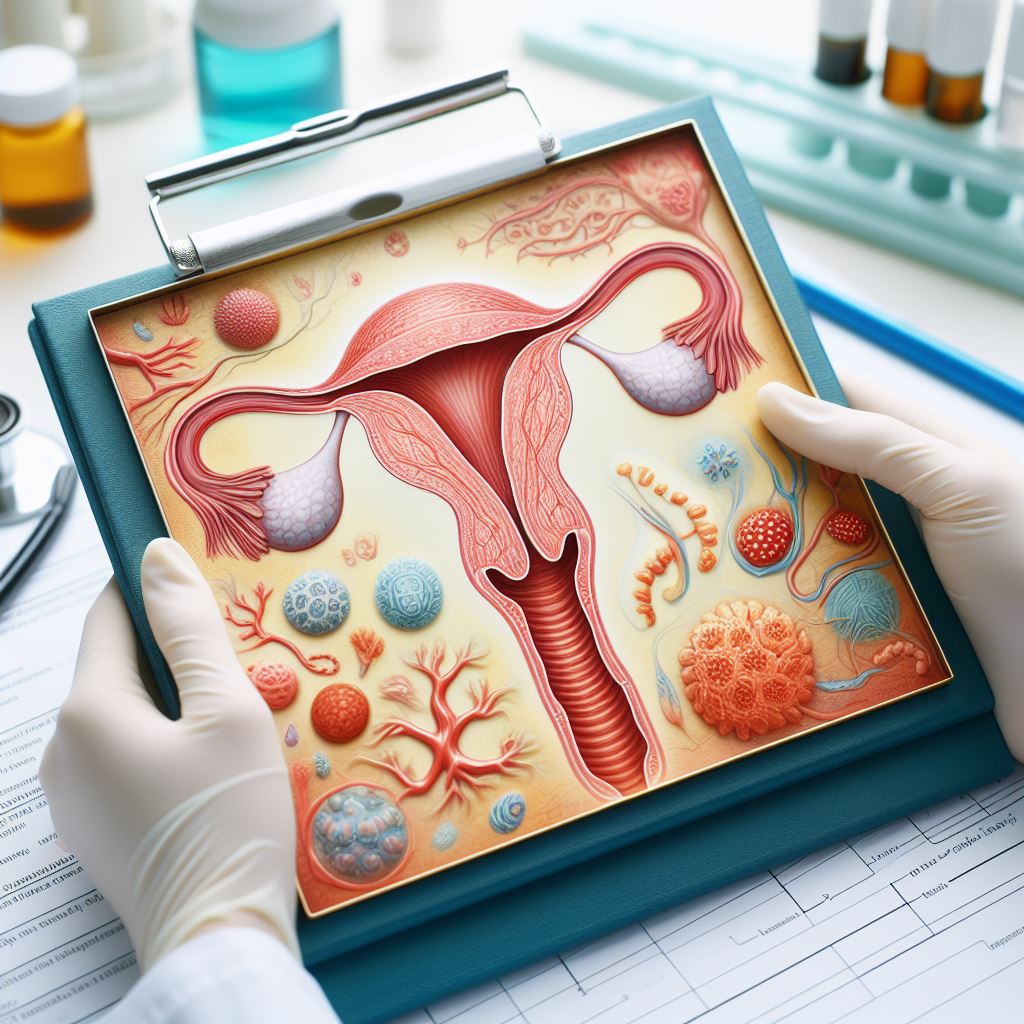Introduction
Anovulation: a term that might not be commonly known but significantly impacts the journey of many women who dream of becoming mothers. At its core, anovulation refers to the absence of ovulation, a crucial process for fertility. Without ovulation, conception becomes a challenge, often leading to feelings of frustration and uncertainty among those struggling to conceive.
This blog aims to shed light on anovulation and its connection to difficulties in conceiving. We will explore what anovulation is, its causes, symptoms, and the various treatment options available. Understanding this condition is the first step towards navigating the complex journey of fertility challenges.
For women facing these struggles, you are not alone. Millions around the world share your journey. Through this blog, we hope to provide not only information but also comfort and a sense of community. Whether you’re just starting to explore your fertility concerns or have been on this path for a while, this comprehensive guide is here to support and inform you every step of the way.
Understanding Anovulation
What is Anovulation?
Anovulation occurs when the ovaries do not release an oocyte during a menstrual cycle. Consequently, ovulation does not take place. This condition can be a primary cause of infertility, as without ovulation, there are no eggs available for fertilization. Anovulation can be a chronic condition, affecting women over several cycles, or it can occur sporadically.
Causes of Anovulation
- Hormonal Imbalances: Hormones play a pivotal role in regulating the menstrual cycle. Imbalances, particularly in hormones like estrogen, progesterone, follicle-stimulating hormone (FSH), and luteinizing hormone (LH), can disrupt the cycle, leading to anovulation. Conditions like Polycystic Ovary Syndrome (PCOS), one of the most common causes of anovulation, are characterized by such hormonal imbalances.
- Lifestyle Factors: Stress, significant weight fluctuations (both gain and loss), and intense physical activity can adversely affect hormonal balance, leading to anovulation. Managing these factors can sometimes restore normal ovulation.
- Medical Conditions and Treatments: Certain medical conditions like thyroid disorders, hyperprolactinemia (elevated levels of prolactin), and chronic illnesses can lead to anovulation. Moreover, treatments like chemotherapy and radiation can also impact ovulation.
Symptoms and Diagnosis
Recognizing the signs of anovulation can be challenging, as many women with this condition continue to have regular menstrual bleeding. However, some indicative symptoms include irregular menstrual cycles, unusually heavy or light periods, and absence of periods (amenorrhea).
To diagnose anovulation, healthcare providers often begin with a thorough medical history, followed by blood tests to measure hormone levels. Ultrasound imaging of the ovaries and endometrial lining can also provide insights. In some cases, doctors may recommend additional tests like a basal body temperature chart, ovulation predictor kits, or a progesterone test.
The Link Between Anovulation and Infertility
Anovulation and infertility are intricately linked. The inability to ovulate disrupts the natural fertility process, making it challenging for women to conceive naturally. Understanding this connection is vital for those trying to conceive and seeking appropriate treatments.
Impact of Anovulation on Fertility
Without ovulation, the egg, which is essential for fertilization, is not present. This absence is a direct cause of infertility. Anovulation can be a part of broader conditions like PCOS, which affects up to 10% of women of reproductive age, making it one of the most common causes of infertility.
Addressing Anovulation in Fertility Treatments
Fertility treatments often focus on inducing ovulation. Medications like Clomiphene or Gonadotropins are commonly used to stimulate the ovaries. In vitro fertilization (IVF) is another option, particularly in cases where medication alone is not effective.
Treatment and Management Options
Treatment and management of anovulation depend on the underlying cause. A multifaceted approach often yields the best results, combining medical treatment with lifestyle adjustments.
Medical Interventions
- Fertility Drugs: Medications like Clomiphene Citrate stimulate ovulation. Gonadotropins are another option, used in more resistant cases of anovulation.
- Surgical Options: In certain conditions like severe PCOS, surgical interventions like ovarian drilling can be considered to induce ovulation.
Lifestyle Changes
- Diet and Nutrition: A balanced diet, rich in nutrients, can positively impact hormone balance and overall fertility.
- Exercise and Weight Management: Regular, moderate exercise can help regulate menstrual cycles, especially in overweight individuals.
- Stress Reduction: Stress management techniques like yoga, meditation, or therapy can play a role in alleviating anovulation.
Alternative Therapies
- Acupuncture and Herbal Remedies: These have been used in traditional medicine to address fertility issues.
- Mind-Body Therapies: Practices like yoga and meditation can aid in reducing stress and balancing hormones.
Navigating Emotional Challenges
Fertility issues can be emotionally taxing. Managing these emotional challenges is an integral part of the fertility journey.
Emotional Impact of Fertility Struggles
The journey can be laden with feelings of frustration, sadness, and anxiety. Recognizing and addressing these emotions is crucial for mental health.
Seeking Support
Professional counseling, support groups, and online forums can provide invaluable support and a sense of community.
Maintaining Hope
While challenging, it’s important to maintain hope and a positive outlook. Success stories and advancements in fertility treatments offer encouragement to those on this journey.
Conclusion
In conclusion, anovulation is a significant, yet manageable challenge in the journey towards parenthood. Understanding the condition, exploring treatment options, and taking care of emotional health are all critical steps. For women facing these challenges, know that you are not alone and that hope, support, and effective treatments are available.
We encourage readers to seek professional advice and find a supportive community as they navigate this journey.






